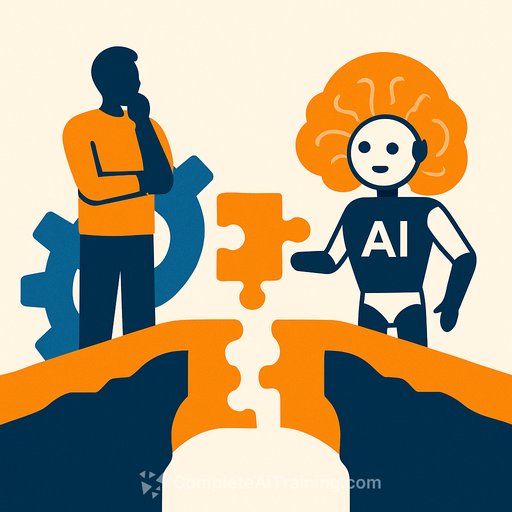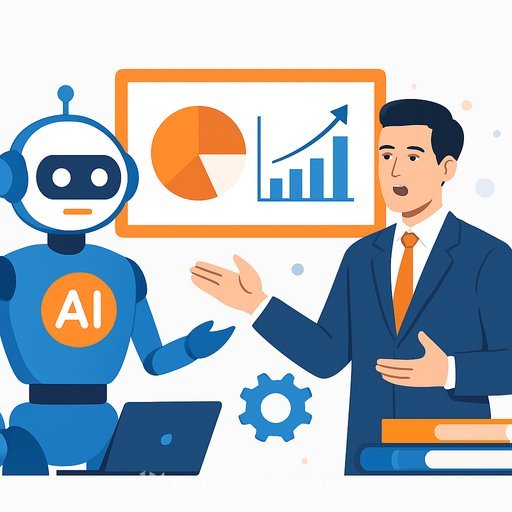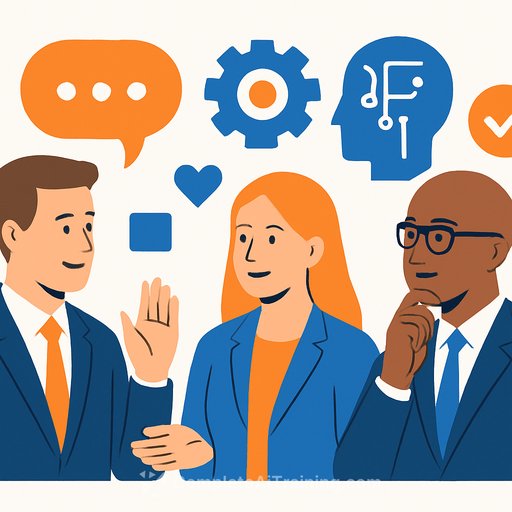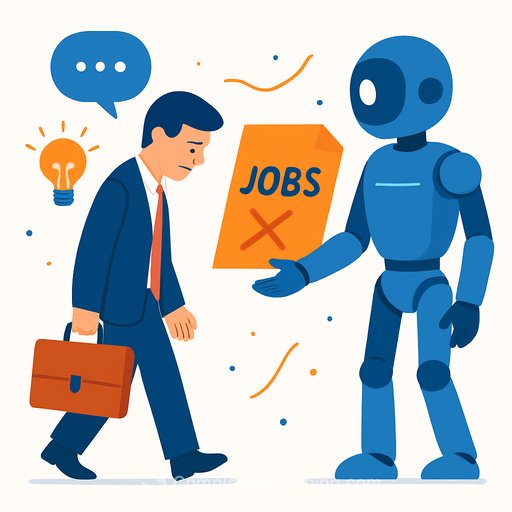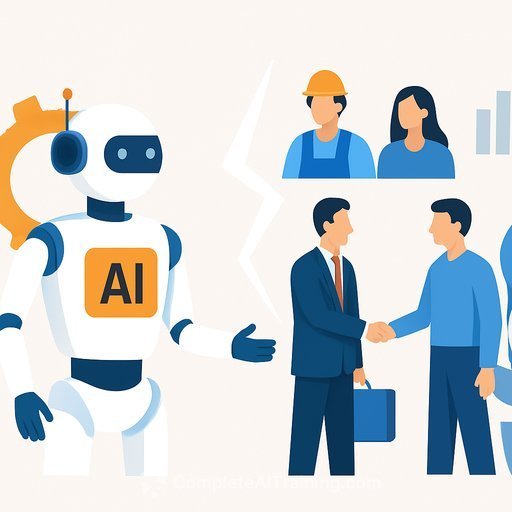13 Human Skills Gaps Could Threaten AI Adoption, Learning Scientists Say
Artificial intelligence is becoming a core part of workplace tools, but certain gaps in human skills might slow down its effective use. A recent report from Multiverse highlights 13 key human skillsets necessary for successful AI implementation. These skills go beyond technical know-how, focusing on cognitive, ethical, communication, and self-management abilities.
Why Human Skills Matter for AI Success
Many organizations invest heavily in AI tools, expecting technology alone to solve their challenges. However, the reality is different. Without strong human capabilities—like analytical reasoning and creativity—AI projects often fall short of expectations.
Gary Eimerman, chief learning officer at Multiverse, points out that AI adoption isn’t just a technical problem. It’s equally a human challenge. Building the right skills and fostering the right culture are essential to unlock the full value of AI.
The 13 Critical Human Skills for AI
Based on detailed studies with AI power users and upskilling programs, Multiverse identified these 13 skills as vital:
- Analytical reasoning
- Creativity
- Systems thinking
- AI ethics
- Cultural sensitivity
- Curiosity
- Self-regulated learning
- Detail orientation
- Adaptability
- Determination
- Empathy
- Effective communication
- Providing useful feedback
These skills cluster into four main groups:
- Cognitive skills – reasoning and problem solving
- AI responsibility – ethics and cultural awareness
- Self-management – adaptability and motivation
- Communication – clear and constructive interaction
Moving From Passive Use to Active Innovation
Top AI users don’t just rely on tools passively. They apply ethical oversight, verify AI outputs carefully, and experiment creatively. Upskilling in these areas can help employees become active innovators, not just tool operators.
It’s also important to recognize potential pitfalls. Research from the University of Pennsylvania shows that while AI can boost employee ideas, it may reduce diversity of thought and the benefits of collaborative brainstorming. Maintaining strong human skills is essential to avoid these drawbacks.
Soft Skills Are Increasingly Valued
Employers recognize the growing importance of soft skills. According to a recent TestGorilla report, 60% of employers say soft skills are more important now than five years ago. Evaluating candidates on skills, values, personality, and cultural fit leads to better hiring outcomes.
What HR Can Do
For HR professionals, the challenge is clear: invest in developing these human skills alongside AI technical training. This means creating learning programs that build analytical thinking, creativity, ethical awareness, and communication.
Upskilling employees in these areas will support smoother AI adoption and help organizations realize the full benefits of their AI investments. For practical AI learning resources tailored to different skill levels and job roles, explore Complete AI Training.
Focusing on human skills is not just a nice-to-have; it’s a must for any company serious about integrating AI into their workflows effectively.
Your membership also unlocks:

